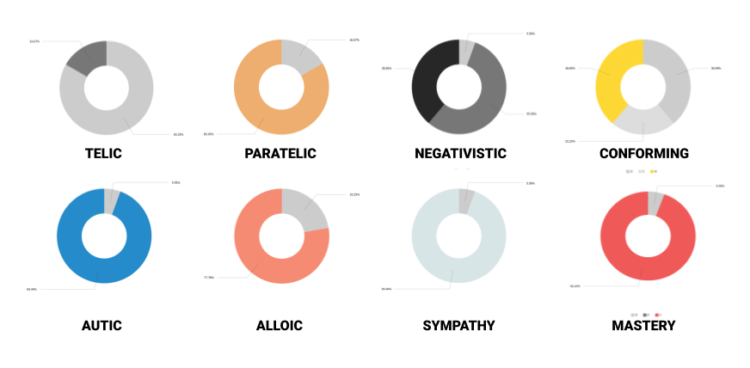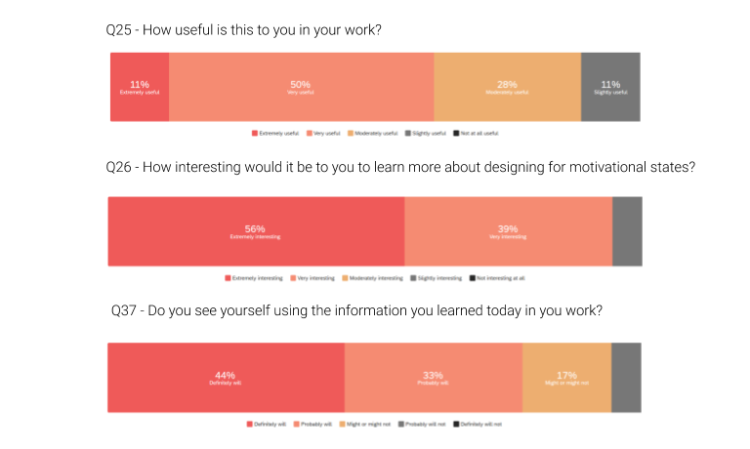August 18, 2020
Reversal Theory: Designing for Motivational States
ARC Fellow: Haley Wilson
Degree Program: Master of Architecture
Faculty Advisor: Chris Meek, Architecture
Firm: DLR Group
Firm Advisors: Jill Maltby-Abbott, B Sanborn
Project dates: Autumn 2019 – Spring 2020
More about the project:
The built environment can play a significant role in one’s emotional and psychological state. Reversal theory, developed by Michael Apter in the late 1970s, aims to explain how and why the built environment aids specific motivational and functional states of mind. In addition, it provides a description of how specific spaces may be lacking in response to motivational objectives. It also can be used to set up a framework for physical attributes of a space that can be used to create curated environments that enhance motivational states, mental health, and wellbeing.
Within this theory, things are not only objects and rooms. They are everything around us because anything that generates a powerful reaction within our memory can induce a mental state, that is why some researchers relate reversal theory so close to culture.
Practitioners have generated a substantial body of research based on the overall concepts of work modalities and the mental states required for different work tasks. Tests, such as the “8- rooms technique,” help identify elements that induce each mental state.
This paper documents the process of designing a training to teach designers how to implement Reversal Theory. Research gathered was in direct relationship to DLR Group and its R+D studio, in addition to the 8-rooms survey. Findings will provide insight on how the design process can incorporate and implement Reversal Theory. This will provide architects with additional skills to tackle problems related to motivational states and elevate the human experience through design.

Results of the design implementationHaley Wilson

Reversal Theory drew enthusiasm from participantsHaley Wilson

Emojis showing all eight motivational statesHaley Wilson
